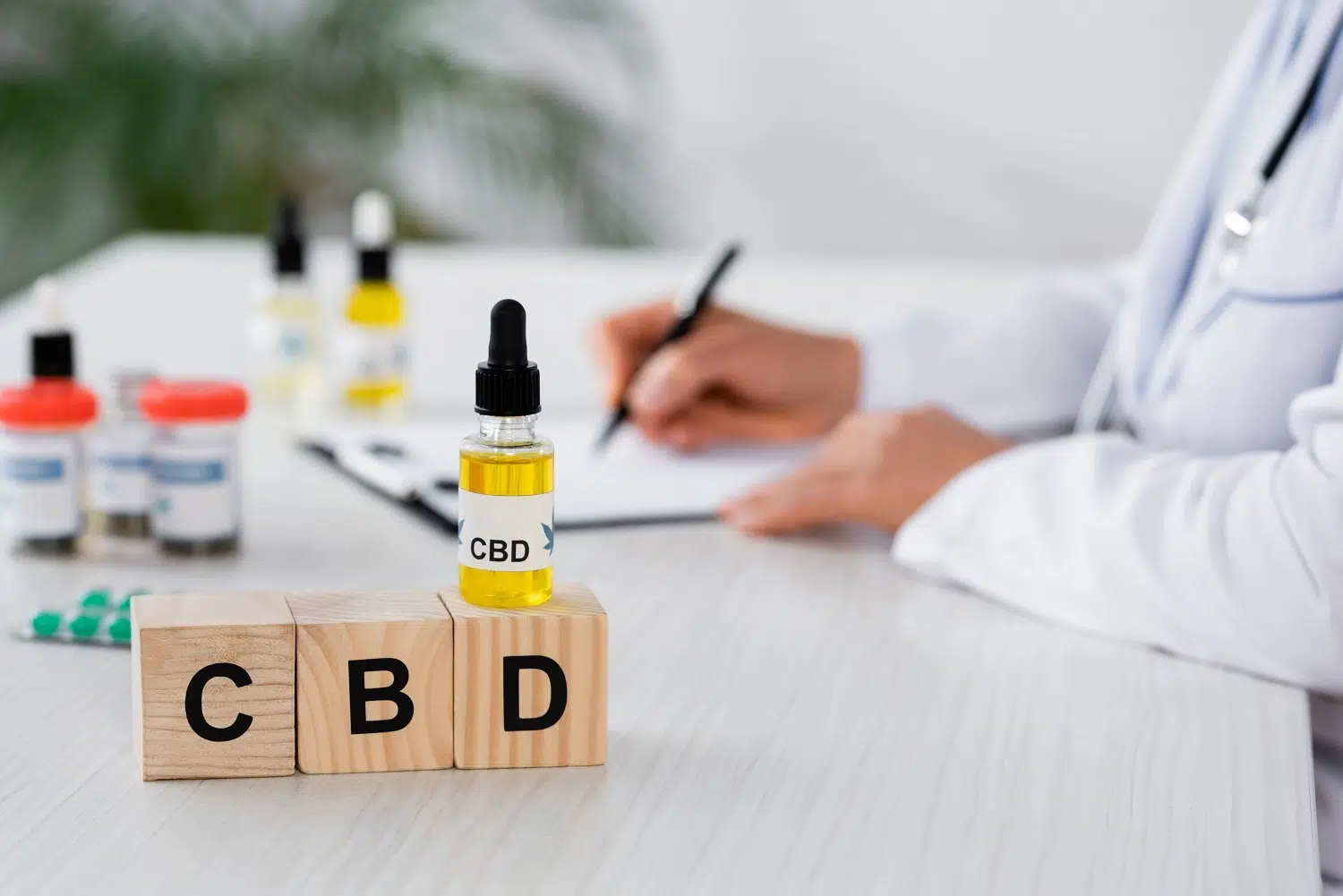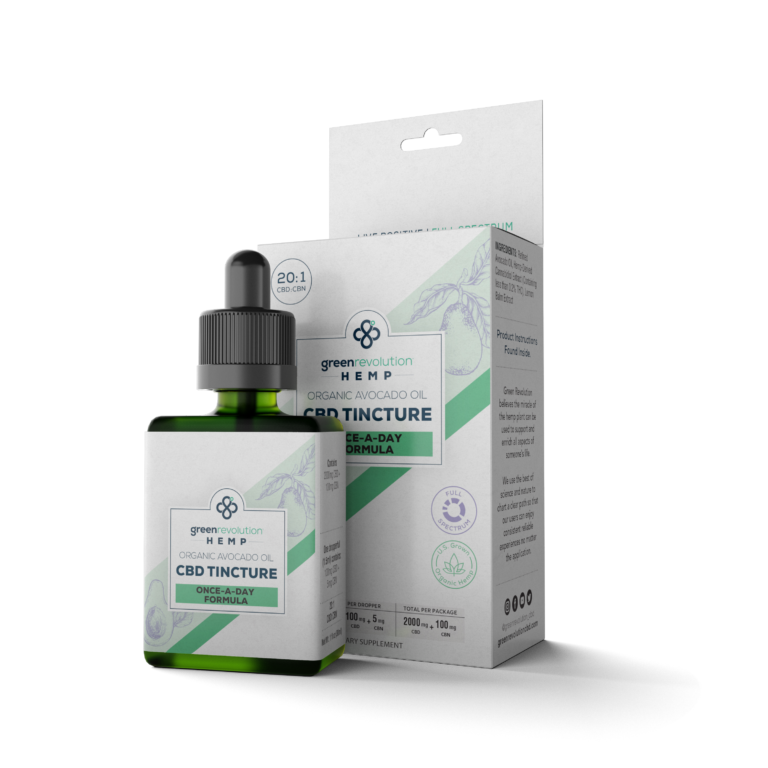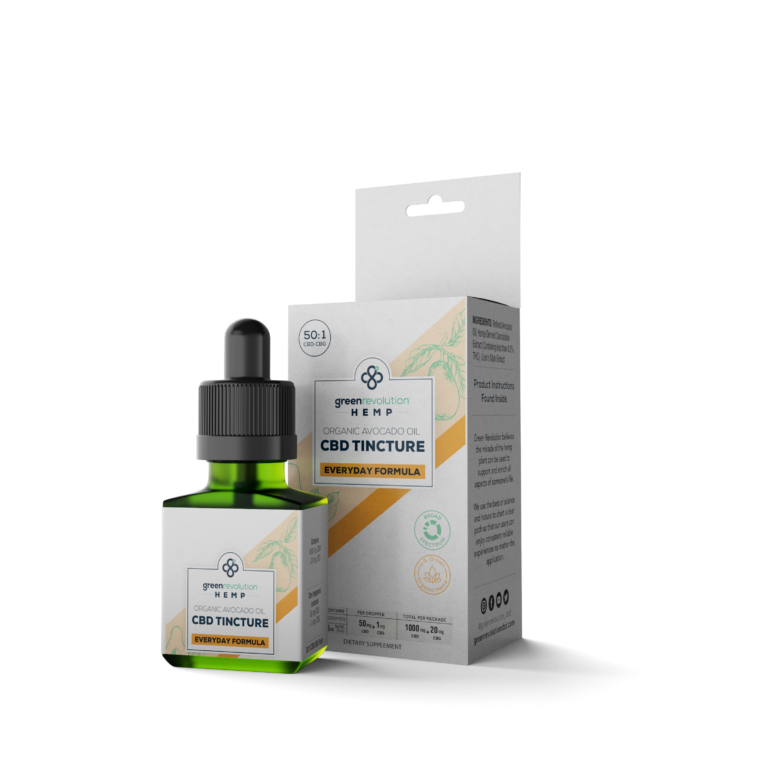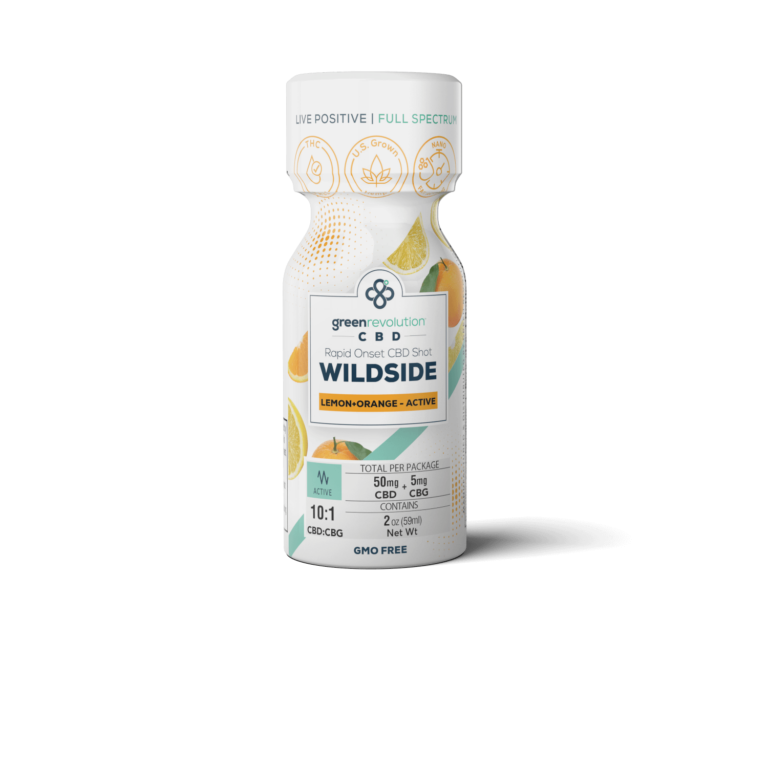CBD Tolerance: How It Develops and What It Means for You
This article will explore and clarify the concept of CBD tolerance, examining whether it occurs, its influencing factors, and how it impacts long-term CBD use.
Introduction
When you are deciding how much you can take of a given product, whether it’s a prescription medication, sugar, or even CBD products, you have to consider tolerance. Tolerance to CBD can develop just the same as tolerance to other medications, and if you develop tolerance through long-term use, you’ll need to address it by adjusting your usage patterns, increasing the doses you take, and monitoring your response long-term.
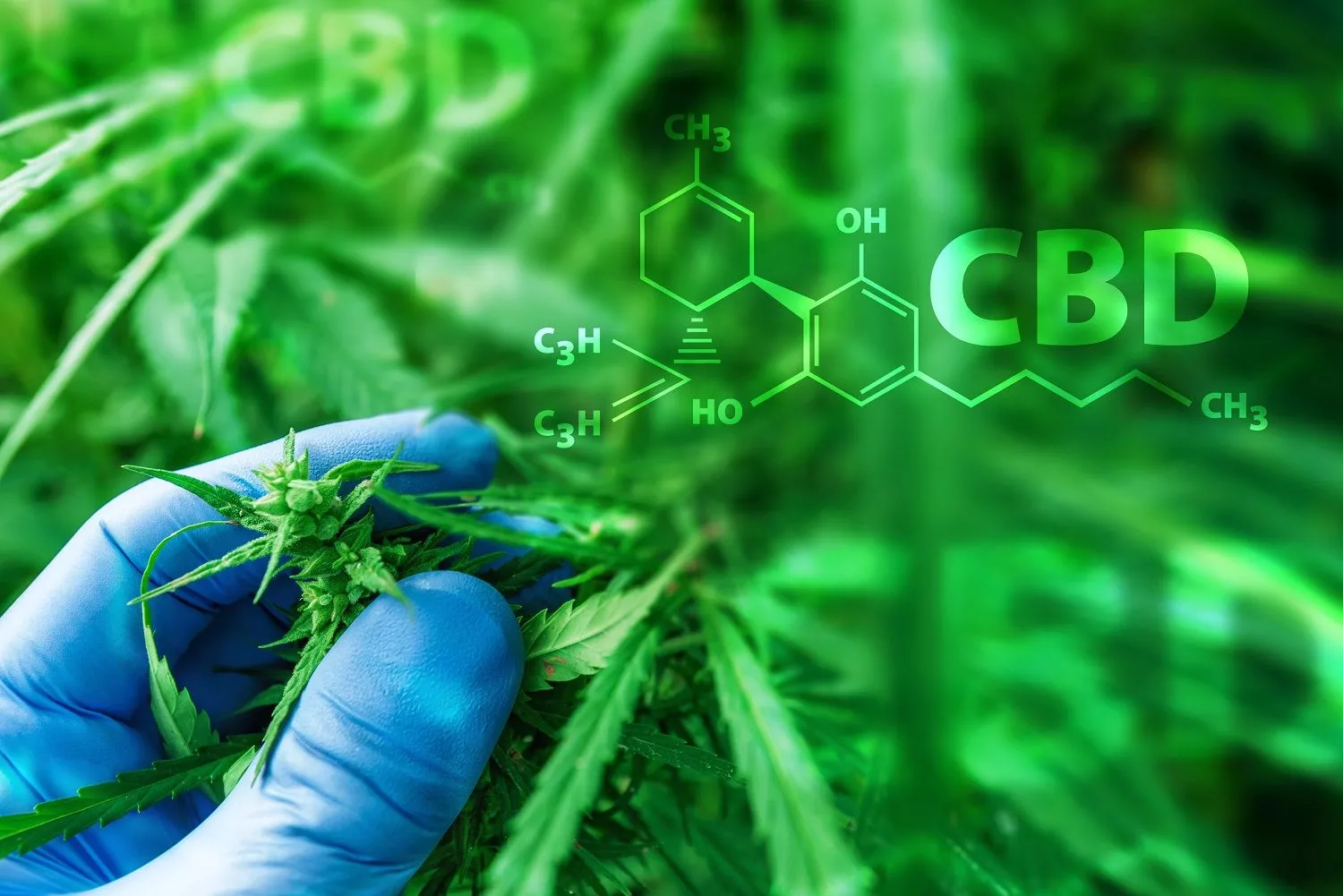
Can you build a tolerance to CBD?
Yes, you can. Tolerance is when your body has a diminished response to the effects of medication, drugs, alcohol, or other products because of repeated or prolonged use.
Acute tolerance can happen within a few minutes, but chronic tolerance happens with long-term exposure. Changes to your tolerance can also happen, such that at one time, you might have a higher tolerance, but with small chances, you could reduce that tolerance.
With CBD tolerance, you have changes that happen over long-term exposure at the molecular level. What happens when you develop a tolerance to CBD? The CBD stops working as well as it did before.
CBD and tolerance development
There are several factors that can influence CBD tolerance:
– Dosage and frequency
The dosage you take and the frequency with which you take that dosage are two of the biggest factors that influence whether or not you develop CBD tolerance.
For example:
- If you are using a CBD product to manage an anxiety disorder, you might be taking 400 mg for every serving or dose, which could be once per day when you experience severe symptoms every few days or even on rare occasions when you have things like panic attacks.
- By comparison, someone who is using a CBD product for general wellness might only be taking 20 mg per day.
In these two examples, there might be several variances:
In the first example, let’s assume that an individual is taking 400 mg on the rare occasion that they have a panic attack, which happens roughly once per month. This means they are consuming 400 mg only on one occasion.
In the second example, let’s assume that the same individual is taking 20 mg per day, which means 140 mg per week or 540 mg per month but on a regular basis.
In both of these examples, the dosage and frequency can impact how quickly the body develops a tolerance to the product. The more often someone takes a CBD product, the more likely they are to develop chronic tolerance, so even someone who is taking a small dose regularly can develop tolerance to CBD.
– Individual variations
There are individual variations that can impact how quickly you develop a tolerance, if at all. Primarily, there are biological factors and genetics. Some people have genetic predispositions toward things like addiction, and that might mean taking more doses or higher doses over time, leading to tolerance.
– Product variability
Another factor includes product variability. The product type can influence whether or not you develop a tolerance and how quickly you develop a tolerance. Moreover, the quality and purity of the product will have an impact.
For example, if you are taking a product that has a 10 to 1 ratio of CBD and CBN, you are more likely to develop a tolerance to CBD than you are to CBN simply because of the levels in a given product. Moreover, higher quality and purity can lead to a tolerance faster than poor quality with imperfections.
Low-quality products that contain very little CBD or have fake CBD and haven’t been third-party lab tested might have fewer cannabinoid receptors than what it says on the bottle, and that could cause your products to be ineffective, too.
– Duration of use
Long-term CBD use is more likely to increase your tolerance. Tolerance happens particularly when you don’t take breaks from regular CBD use.
– Individual response to CBD
Cannabinoid receptors are found all over the body, which is why you can consume CBD products in several variations, such as gummies, lotions, oils, or capsules. The delivery method will have an influence on targeted therapeutic effects.
For example:
- A CBD-infused lotion will be more effective at relieving local muscle pain, but it won’t help you control anxiety disorders because it doesn’t get into the bloodstream.
The way in which you use your products and your individual response to CBD can subsequently impact not only whether or not that tolerance develops but at which point it develops.
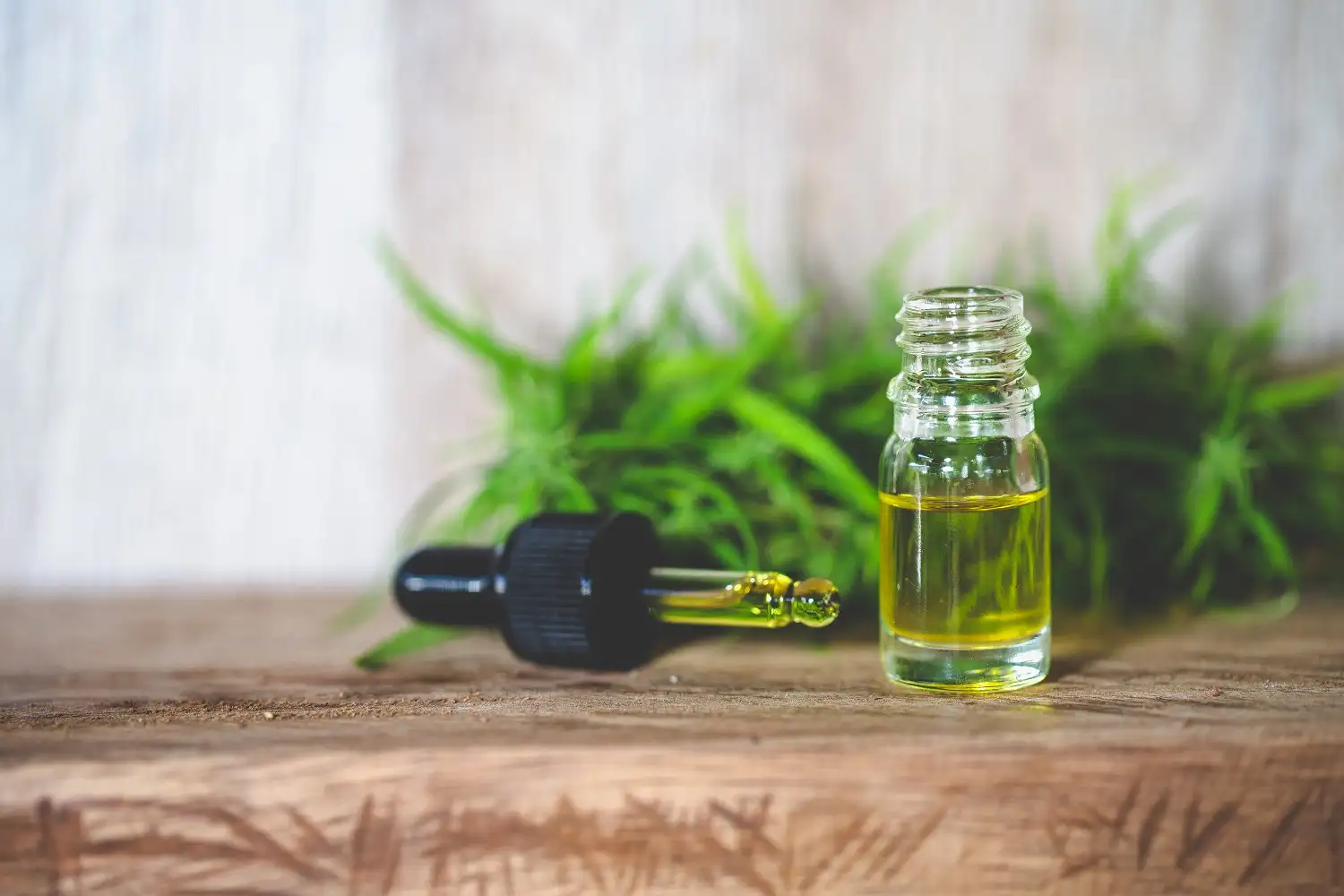
Signs of CBD tolerance
Some basic signs include the following:
- You have to increase doses to get the desired result
- You feel as though your product isn’t working as well as it did
What does CBD tolerance mean to consumers?
As a consumer, you need to be aware of answers to questions like “Can you build a tolerance to CBD?” because it impacts things like how much you need to take, how effective a dosage is, your usage patterns, and more.
Increased dosages required
For starters, if you develop a tolerance, you will find yourself needing increased doses to achieve the same result. This can be a problem for several reasons, not least of which is that higher and higher doses come with additional risks of tolerance.
Effectiveness concerns
At some point, specific levels or milligrams are intended to treat mild, moderate, or severe symptoms of various health conditions. If you develop a tolerance, you’ll have effectiveness concerns because you won’t be able to achieve a high enough dose to deal with severe health conditions, and the requirements for mild or moderate will go up exponentially.
Adjustment of usage patterns
Tangentially, you’ll need to make adjustments to your usage patterns. Someone who only needs one 20 mg gummy for sleep every night might develop a tolerance such that they now need 40 mg or even 100 mg gummies to achieve the same effect.
For treatment of conditions during the day like social anxiety or pain management, individuals who develop a tolerance are more likely to need the same product more often throughout a given day, which only serves to increase that tolerance, the cost, the dosage required, and the issues with effectiveness.
Cost implications
As mentioned, cost is a serious consideration. As a consumer, if you develop a tolerance, you will find yourself spending more money on your CBD products because of the increased dosage you need and the changes to your usage pattern.
Taking an average of 20 mg every day is much more affordable than needing 100 mg every day.
Medical consultation
You might consider getting a medical consultation. At some point, you’ll need to address the symptoms of your tolerance and whether you are using increasing doses or noticing changes or even side effects to your usage. Medical consultations can take time and money, causing potential contraindications with other medications you might be using.
Monitoring the body’s response
You’ll also have to monitor your body’s response, something that you can do with things like journaling efforts where you keep track of how much you are taking, how often, what strain is in the products you are using, what terpenes and cannabinoids are contained in the products you are using, and how effective those products are.
How to manage and prevent CBD tolerance
If you have developed a CBD tolerance or you are worried about it, and you want to prevent it from happening, there are several things you can do:
- First, you can rotate the strains you are using and the products. Rotating strains means you are not building a tolerance to the same strain or product each time you use a product.
- Second, you can take breaks. If you have noticed you have a tolerance, then taking a break is a good way to let your body revert the changes that have happened on a molecular level and bring down that tolerance. A good rule of thumb is to take a break between 3 and 7 days.
It is also good to know that there are individualized approaches to managing and preventing CBD tolerance. There is no right or wrong answer, but what matters most is trying several things like new products, new strains, and breaks.
Summing Up?
Does CBD build tolerance? Yes, you can build a tolerance to CBD depending on the dosage and frequency, how long you have used CBD products, and your individual response to CBD.
It is important to understand answers to questions like “Does CBD build tolerance?” because a tolerance could impact the costs of your products, how your body responds, and more. What matters most is having an individualized approach to using CBD, staying informed, and adapting your CBD routines accordingly.
Frequently Asked Questions
The rate at which CBD tolerance builds can vary greatly from person to person. Some users may develop tolerance over a few weeks or months of regular use, while others may not experience significant tolerance even after extended use.
Factors that can contribute to the development of CBD tolerance include frequency of use, dosage, individual metabolism, and the body’s adaptation to the continuous presence of CBD.
CBD tolerance is not typically permanent. Reducing the dosage or taking a break from CBD can often reverse tolerance, allowing the body to reset.

